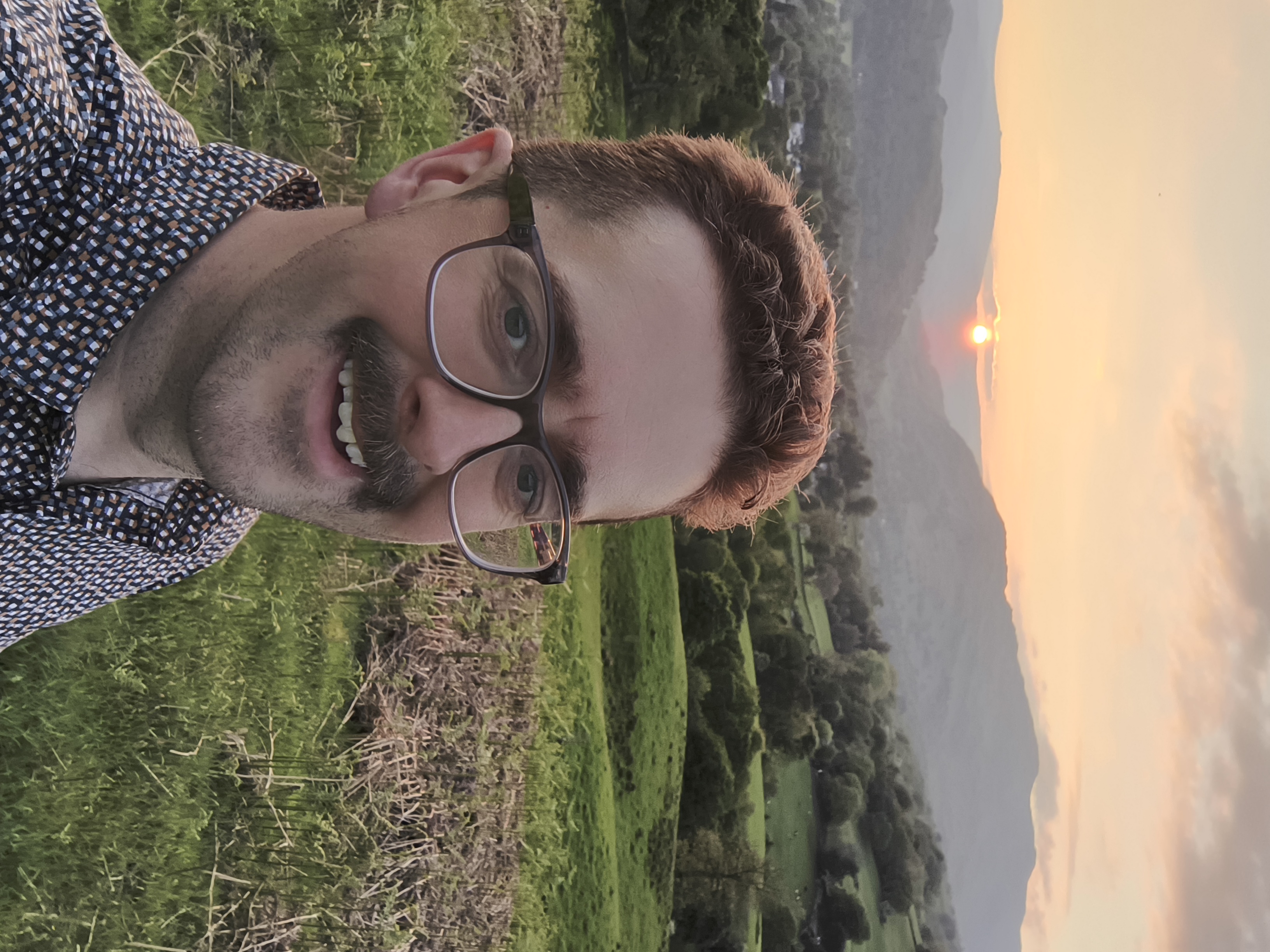WSDML RWG Welcomes New Leadership Team Members

The Weddell Sea and Dronning Maud Land (WSDML) Regional Working Group (RWG) warmly welcomes the following new members to their leadership team.
Dr Alexander Brearley is an observational physical oceanographer based at the British Antarctic Survey (BAS) in the UK. He has strong research interests in ocean circulation, uptake and transport of heat and carbon within the polar oceans and ocean mixing.
During his time as a postdoctoral researcher at the University of Southampton, he worked within the DIMES project, understanding the rates and mechanisms of mixing in the Drake Passage sector of the Southern Ocean.
Whilst at BAS, he has led research efforts to understand mixing processes on the West Antarctic Peninsula, and has developed BAS’s expertise in the use of autonomous vehicles including gliders to deliver novel measurements of Southern Ocean circulation and heat and carbon uptake.
He is currently leading key observational elements of both the EU SO-CHIC and NERC-funded DEFIANT programmes in the Weddell Sea. In addition, he holds the role of Treasurer for the UK Challenger Society for Marine Science, the UK’s marine science charity, which supports early career oceanographers and builds links with policy makers.

Dr Tore Hattermann is a physical oceanographer at the Norwegian Polar Institute, where he is currently leading the section for oceanography within the institute's Research Department, which carries the mandate to develop long-term observing systems in the Dronning Maud Land sector of the Southern Ocean.
With more than a decade of experience in the field, he contributes expert knowledge and connections to community programs targeting observations in the Antarctic coastal and continental slope regions, including ice shelf cavities. His research addresses the role of the ocean in the stability of the Antarctic Ice Sheet and its future contribution to sea-level rise and the role of the physical environment for ecosystem processes south of the Polar Front. For this purpose, he combines traditional (shipborne and moored) and novel (gliders, instrumented seals, autonomous radar/remote sensing) oceanographic measurements and high-fidelity numerical modeling.
Tore’s vision for contributing to the SOOS regional working group is to facilitate the growth of future-proof, collaborative, and inclusive observations of physical processes in the Southern Ocean, including natural bonds to biological and glaciological observing and modeling communities.

Also joining the WSDML RWG leadership team will be Dr Thomas Ryan-Keogh. He is a Senior Researcher at the Southern Ocean Carbon-Climate Observatory (SOCCO), CSIR in South Africa, with many years of post-doctoral experience in marine sciences and specific interests in ocean biogeochemistry and phytoplankton physiology.







